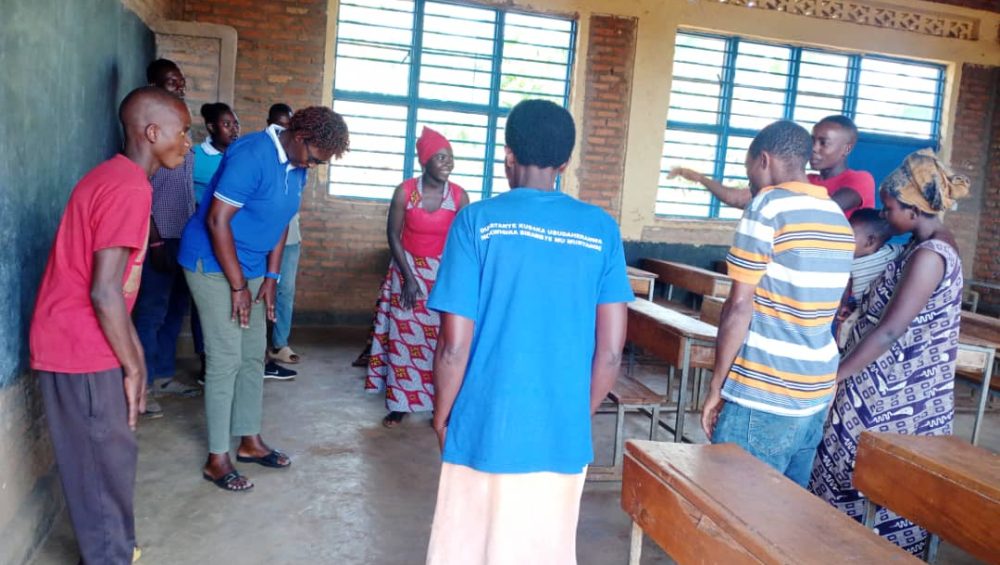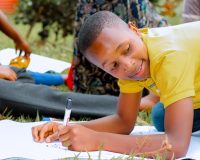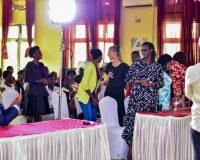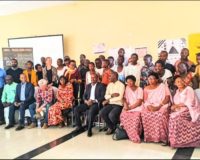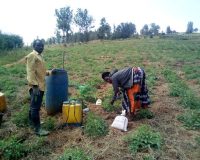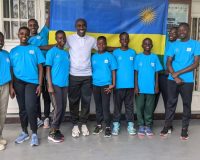Uyisenga Ni Imanzi has been working with different youth in farming related activities from Rwamagana and Rubavu districts for a long time. This has made the youth leave risky behaviors and idleness, learn to work and get out of extremely poverty. These young farmers confirmed that although they start in a large numbers only few reach their goal of becoming self-reliable. Mostly farmers get discouraged and stop farming due to losses mainly caused by the weather and have no other means to continue, and they also have to deal with life and have families to take care of. All these can turn farming to stressful , particularly drought or long-term sunshine and flood, much or long term rain fall which pressures them and leave them with stress that in turn leads to mental health issues, turn to drugs or commit suicide.
Fraser. E et Al (2005), indicated that farmers, farm workers and their respective families face an array of stressors related to the physical environment, structure of farming families and the economic difficulties and uncertainties associated with farming which may be detrimental to their mental health especially stress and coping styles in farmers.
There after seeing all these side effects on the farmer which are causing dropouts , low production, food insecurities and sliding them back according to the research, UNM as an institution that has a mental health program, it realized it is time to introduce mental health services to the farmers. Farmers are grouped into small groups to practice arts-based tools designed in accordance to Rwandan culture and narrative therapy. It was in combination with gender equality concept on the support of World Jewish Relief and Lemonaid & ChariTea foundation, to help farmers building resilience and recover from past wounds. So that they deal and overcome the challenges and problems in farming sector, this has brought positive effects in farmer’s life not only in their farming groups but also in their families.
Here are two participants’ testimonies on how these sessions have changed their lives and their relationships with their families. N.E said that he was always a victim and did not know where such mood came from. After joining healing sessions, he realized that it comes from historical injuries that made him aggressive to his family members. The sessions have made him realize the value of family around him and he feels supported by the people who love him. He declared that he is now interacting and communicating effectively with his family. He also understands the value of farming in groups and he is giving it time to not backslide. Due to the skills he attained from the sessions, he is maintaining the group members through socialization, effective communication and non-harming conflict management. Together with his group members they are planning to expand their farming activities until they would became a role model in good performance.
H.Z said that these discussions made him closer to his family and it was one of the things is valuing so much. More to that it has given him the strength to forgive two people who had hurt him a lot in past. Before joining these sessions, he would feel that he would take revenge on them and now it has gone. He is getting along with his friends in the group and he has gained skills in solving conflicts peacefully which made him proud and appreciating UNM. Lastly He is now encouraging other people to not get discouraged by any circumstance but keep working hard together they will achieve more and live happily

